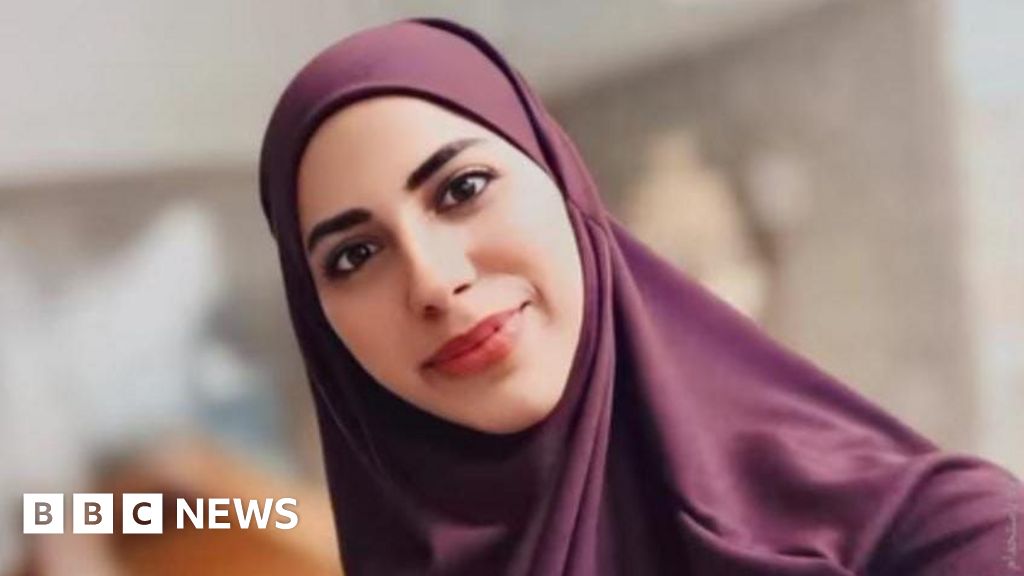BBC
Shatha al-Sabbagh was described as ambitious and passionate about journalism by her mother. Just before the New Year, the 21-year-old journalism student was out buying chocolate for her family’s children in Jenin, in the occupied West Bank. Tragically, she was shot in the head while with her mother, two young nephews, and another relative.
Shatha’s mother, Umm al-Motassem, still feels the raw pain of her daughter’s death. She vividly recalls the moment when Shatha was shot, with her eyes wide open and blood gushing from her head. Despite her desperate pleas, the shooting continued for around 10 minutes until Shatha lay lifeless in a pool of her own blood.
Shatha’s family holds the Palestinian Authority’s (PA) security forces accountable for her killing, as they believe their area is under the PA’s control. However, the PA attributes the violence to “outlaws” from groups like the Jenin Battalion, composed of fighters from organizations such as Palestinian Islamic Jihad (PIJ) and Hamas.
The PA’s security operation in the refugee camp in Jenin has resulted in heightened tensions and casualties, with at least 14 people killed, including a 14-year-old. Many locals now fear the PA as much as they fear Israeli military raids. Shatha’s death has only intensified their resentment.
The ongoing conflict in Jenin has left residents struggling for basic necessities like food, water, and electricity. Gun battles, arrests, and collective punishment have created a climate of fear and uncertainty in the camp. The PA insists on continuing its security operation to establish control and ensure safety, while armed groups seek to leverage the people’s suffering to pressure the PA to halt the operation.
Amidst the chaos and violence, the residents of Jenin camp long for peace and stability. However, conflicting interests and external pressures complicate the situation, leaving them caught in the crossfire of political agendas and power struggles.

